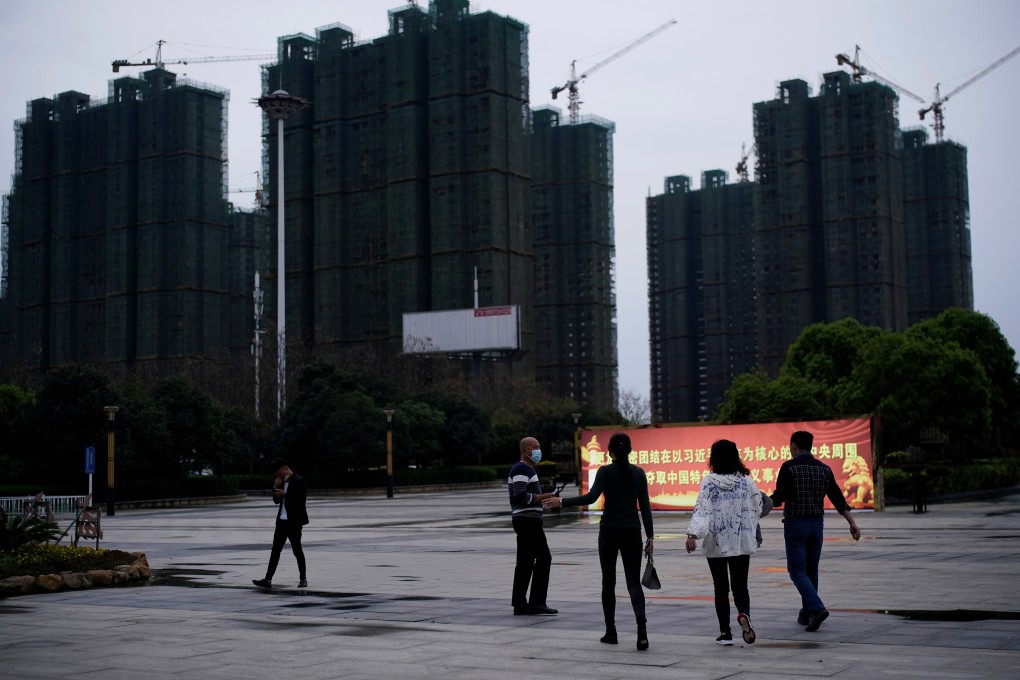Mainland developers including Poly Property, China Resources accelerate sales to shore up cash flow to minimise impact of Covid-19
- Four major Chinese developers reported profit growth for 2019 on Thursday, but said they are braced for hard times as the deadly coronavirus squashes market demand
- Many property developers saw their sales plummet in the first two months of 2020

Some of China’s biggest developers are set to accelerate sales and shorten their construction cycles to shore up cash flow in response to the economic fallout from the Covid-19 outbreak.
Four mainland Chinese builders reported higher profit growth for 2019 on Thursday, but said they are braced for hard times ahead as the deadly epidemic squashes market demand. Many property developers have seen sales plummet in the first two months of 2020.
Poly Property Group, whose property sales fell 25.6 per cent to HK$3.48 billion in January and February, revealed its plan to shift inventory faster when it reported profit growth of 71 per cent to HK$3.83 billion in 2019, according to a filing to the Hong Kong stock exchange on Thursday.
“The group will put great efforts into de-stocking, in particular, commercial properties and parking spaces and other products which have longer sales cycles, in order to improve liquidity,” said chairman Zhang Bingnan in the company statement.
To enhance competitiveness, Poly said it would be “strictly controlling the development schedule of
projects and converting new land reserves into saleable products.”
The group’s revenue jumped 71.9 per cent to HK$39.94 billion, thanks to its Kai Tak project Vibe Centro, the first development operated by the company in Hong Kong. Poly announced a final dividend of 20.9 HK cents for last year, a 70 per cent increase from 2018.
